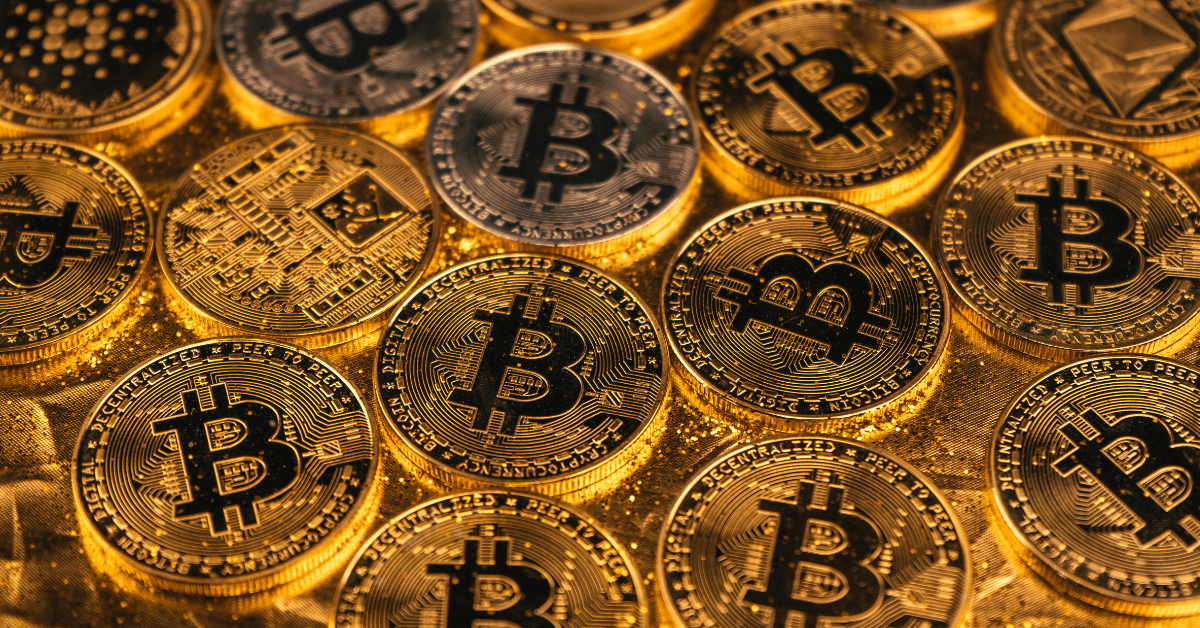MetaMask Warns: New Scam Puts Copy-Pasting Crypto Wallet Addresses At Risk
The cryptocurrency market has grown significantly in recent years, but this expansion has also led to a rise in fraud and scams. Exploiting weaknesses, scammers, and hackers are continuously coming up with new strategies to steal funds. The crypto community has been cautioned by MetaMask about address poisoning, which exploits users’ carelessness.
Crypto Community Warned by MetaMask About Address Poisoning Scam
A well-known provider of digital wallets, MetaMask, has cautioned people about a recent scam that has been going around in the cryptocurrency sector. To steal money, the scam takes advantage of user carelessness. Address poisoning is a technique used by scammers.
By sending tokens worth $0 to a wallet address created using vanity address generators, the attackers modify transaction histories. It might be challenging for a user to discern between a real and a false address because scammers sometimes replicate the first and last characters of the victim’s wallet address.
Copying and pasting the address is often how cryptocurrency transactions are conducted. One-click functionality has been added by many wallet providers, including MetaMask, to easily and correctly copy the address. The practice of copying and pasting addresses during transactions is exploited by the strategy of address poisoning. It speculatively takes advantage of this tendency to send money to the incorrect address, resulting in the money going to the scammer.
Users Are reminded By MetaMask To Take Extra Precautions To Avoid Scams
To safeguard themselves from address poisoning and other scams, Metamask urged its customers that they should make it a habit to carefully check each character of an address before carrying out any transaction. By double-checking the address, users can make sure that the money is going to the right recipient and avoid any mistakes or fraud. This is the safest method for making sure the money goes to the right recipient.
Other preventative measures include not relying on transaction history to copy addresses, keeping a list of frequently used addresses that are pre-approved or whitelisted to do away with the need for copying and pasting altogether, and performing test transactions, particularly when transferring significant amounts of money.
By doing so, users can make sure that the address being used is the right one and check to see if it has been tampered with. Hardware wallets, which are physical devices used to store the private key, can also add a layer of protection.
















